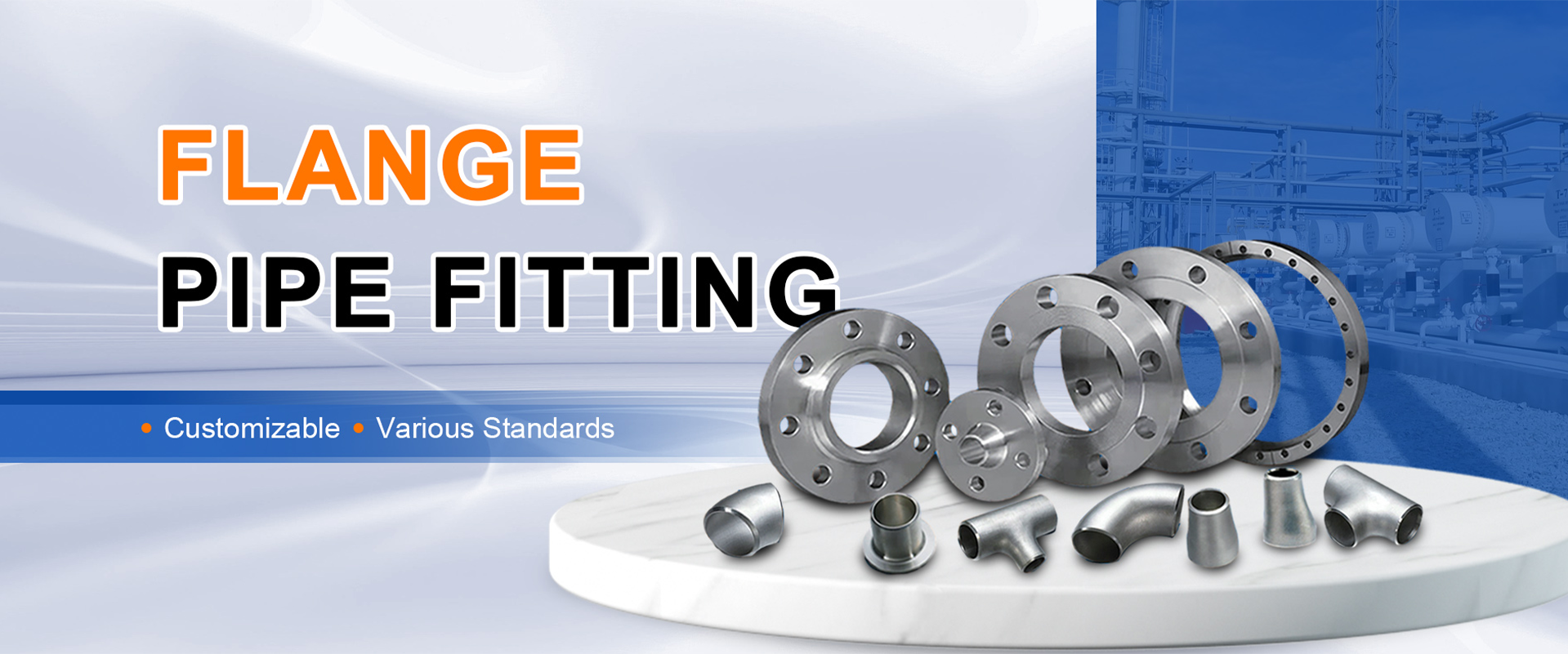Understanding the Functionality of Needle Valves in Instrumentation Systems
The Essential Role of Instrument Needle Valves in Fluid Control Systems
Instrument needle valves are critical components in various fluid control systems, utilized across diverse industries such as oil and gas, chemical processing, pharmaceuticals, and water treatment. Their design and functionality enable precise regulation of fluid flow, making them indispensable in applications that require meticulous control of media pressure and flow rates.
Understanding Needle Valves
At their core, needle valves are designed to provide fine control of fluid flow. Unlike standard ball or gate valves that fully open or close, needle valves feature a slender, tapered needle that sits inside a conical seat. This design allows for gradual adjustments to the flow, offering exceptional accuracy in settings where minor changes can have significant impacts. Needle valves can be operated manually via a handwheel or automatically via actuators, allowing for both manual fine-tuning and automated process control.
Key Applications
In the oil and gas industry, needle valves are essential for managing flow rates in pipelines and processing facilities. They are often used in sampling processes, where accurate measurements depend on the precise control of fluid flow. Additionally, in high-pressure applications, needle valves can help maintain system integrity by controlling the flow rate of critical fluids such as hydrocarbons or natural gas.
In chemical processing and pharmaceuticals, the need for precise flow control is even more pronounced. Chemicals often react sensitively to changes in flow and pressure, and poorly regulated systems can lead to hazardous situations or product inconsistencies. Needle valves help ensure that the delivery of reactants is carefully controlled, allowing for safe and efficient manufacturing processes.
Design Considerations
instrument needle valve

When selecting a needle valve for a specific application, several factors must be considered. The material of the valve must be compatible with the fluid being controlled. Common materials include stainless steel, brass, and various plastics, each suited for different media types and operating conditions. Furthermore, the valve's size and pressure rating are crucial, as they must align with the operational requirements of the system.
Temperature is another critical factor in the selection process, as some needle valves are designed to operate effectively only within specific temperature ranges. Additionally, users should consider the valve's connection type, whether threaded, flanged, or welded, to ensure proper installation and compatibility with existing systems.
Maintenance and Challenges
Despite their robustness, needle valves can face challenges, such as clogging due to particulates in the fluid stream. Regular maintenance, including inspections and cleaning, can help mitigate these issues. Operators should also monitor for signs of wear and fatigue, particularly in high-stress applications, as these can lead to valve failure and system integrity breaches.
Another challenge lies in accurately calibrating the valve for precise flow control. Insufficient training or understanding of how to operate the valves effectively can lead to poor outcomes. Therefore, it is critical for operators to be well-versed in the nuances of needle valve operation, including the factors that influence flow rates and how to make small adjustments.
Conclusion
In summary, instrument needle valves are an integral part of fluid control systems across various industries. Their ability to provide high levels of precision makes them invaluable for applications requiring careful flow management. While challenges exist in their maintenance and operation, their benefits far outweigh potential drawbacks when properly managed. As industries continue to evolve and demand more sophisticated fluid control solutions, the relevance of needle valves will undoubtedly persist, solidifying their role in ensuring safety, efficiency, and accuracy in fluid dynamics.
-
The Key to Fluid Control: Exploring the Advantages of Ball Valves in Industrial SystemsNewsJul.09,2025
-
The Versatile World of 1, 2, and 3 Piece Ball ValvesNewsJul.09,2025
-
Stainless Steel Ball Valves: The Ideal Choice for Efficient Flow ControlNewsJul.09,2025
-
Optimizing Fluid Control with Ball Float ValvesNewsJul.09,2025
-
Manual Gate Valves: Essential for Control and EfficiencyNewsJul.09,2025
-
Everything You Need to Know About Butterfly ValvesNewsJul.09,2025
-
The Versatility of Wafer Type Butterfly ValvesNewsJul.08,2025




